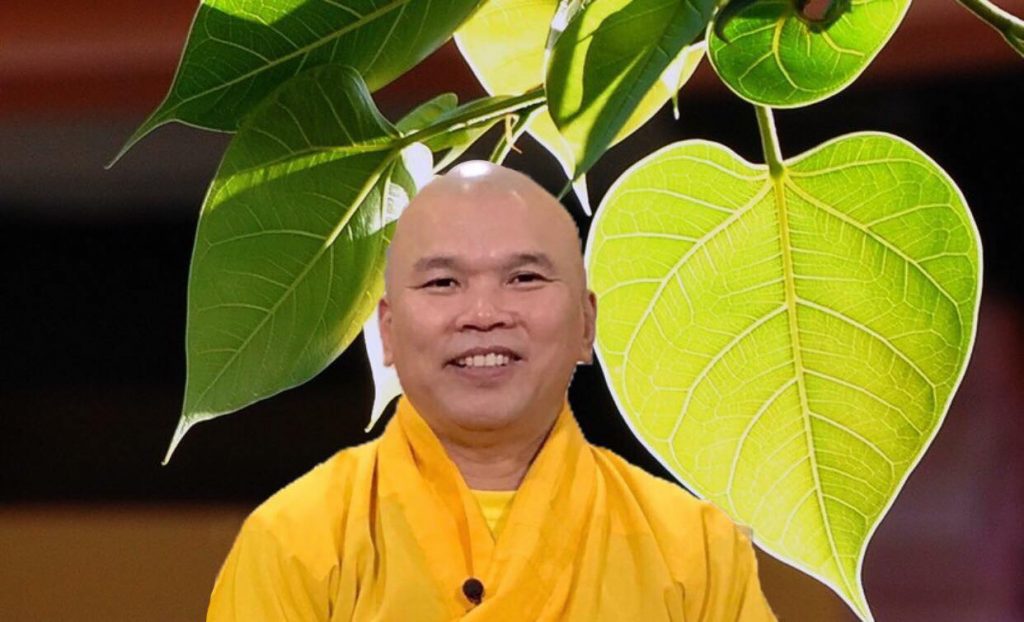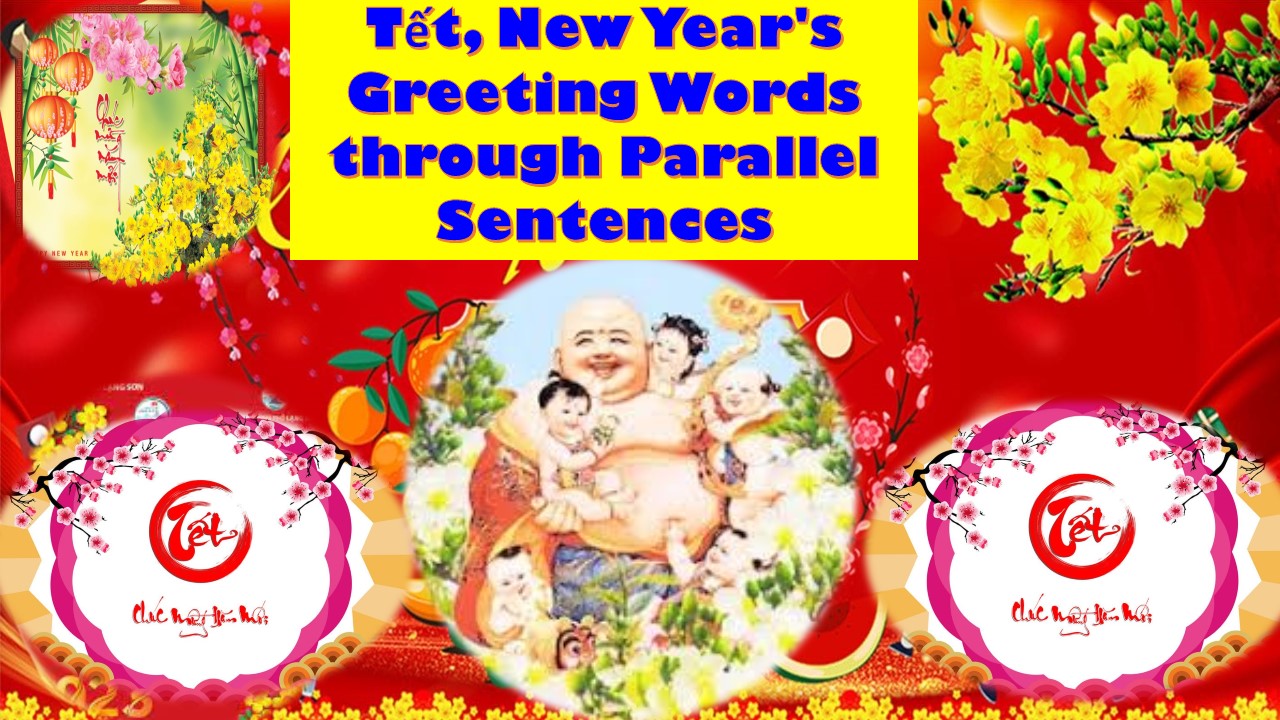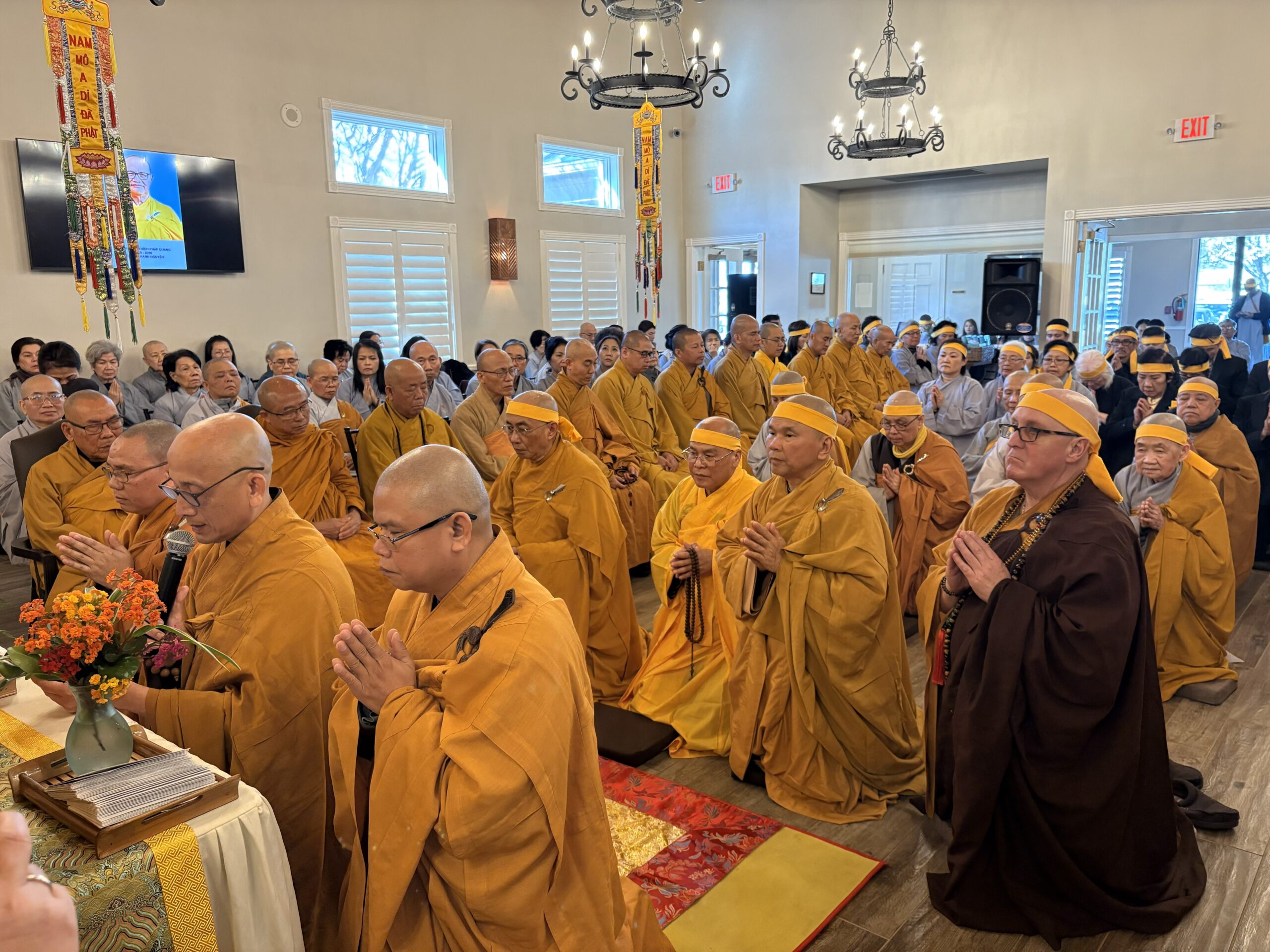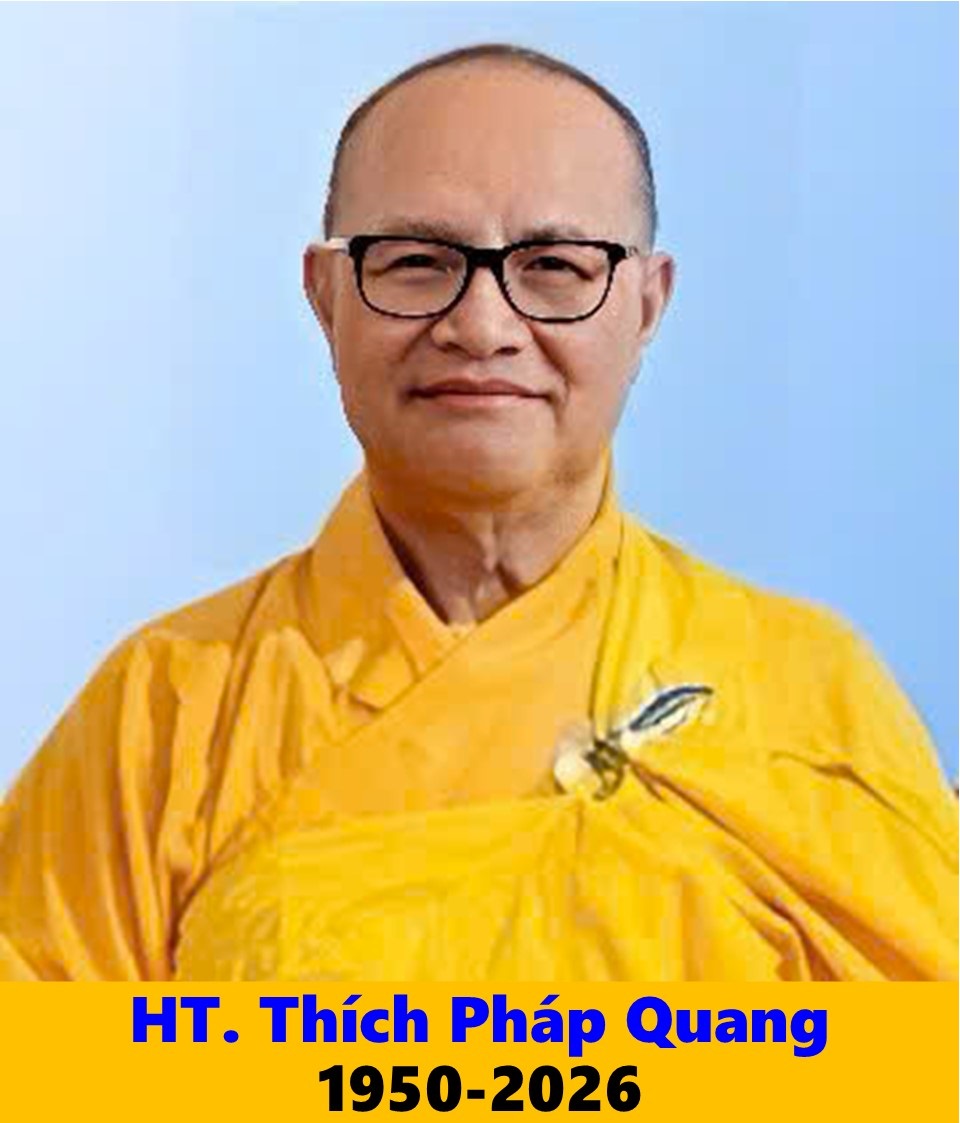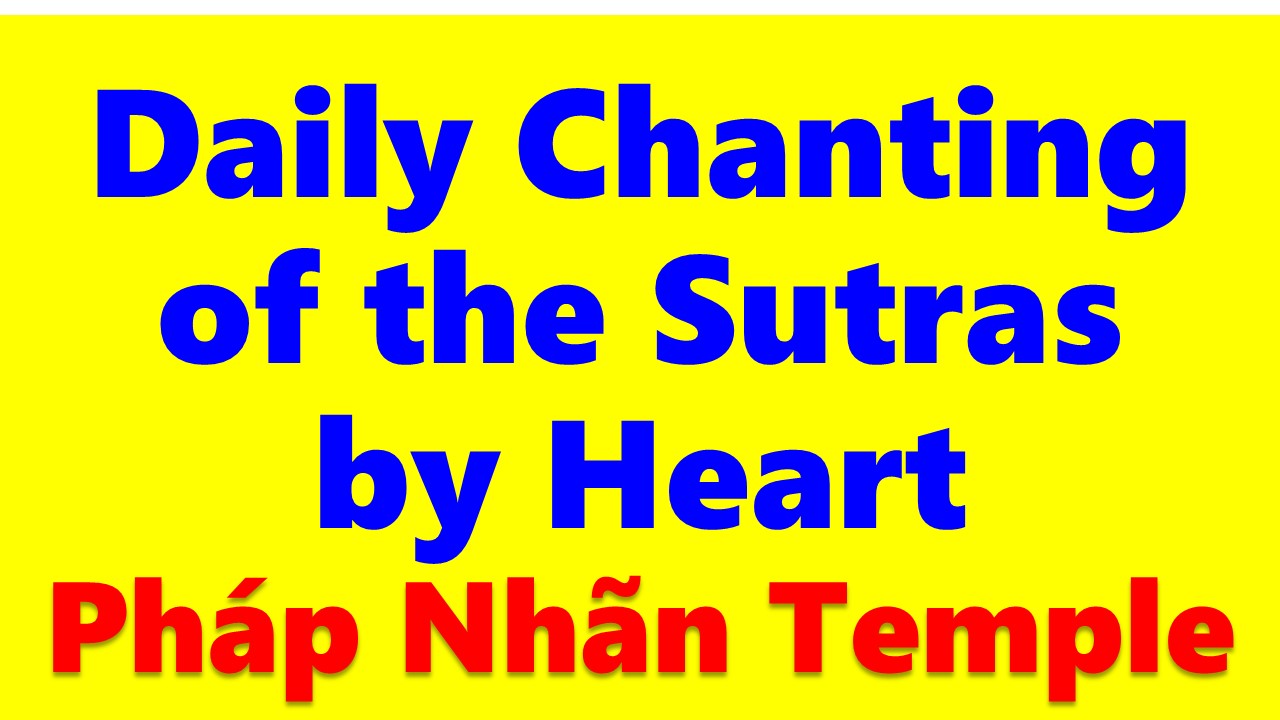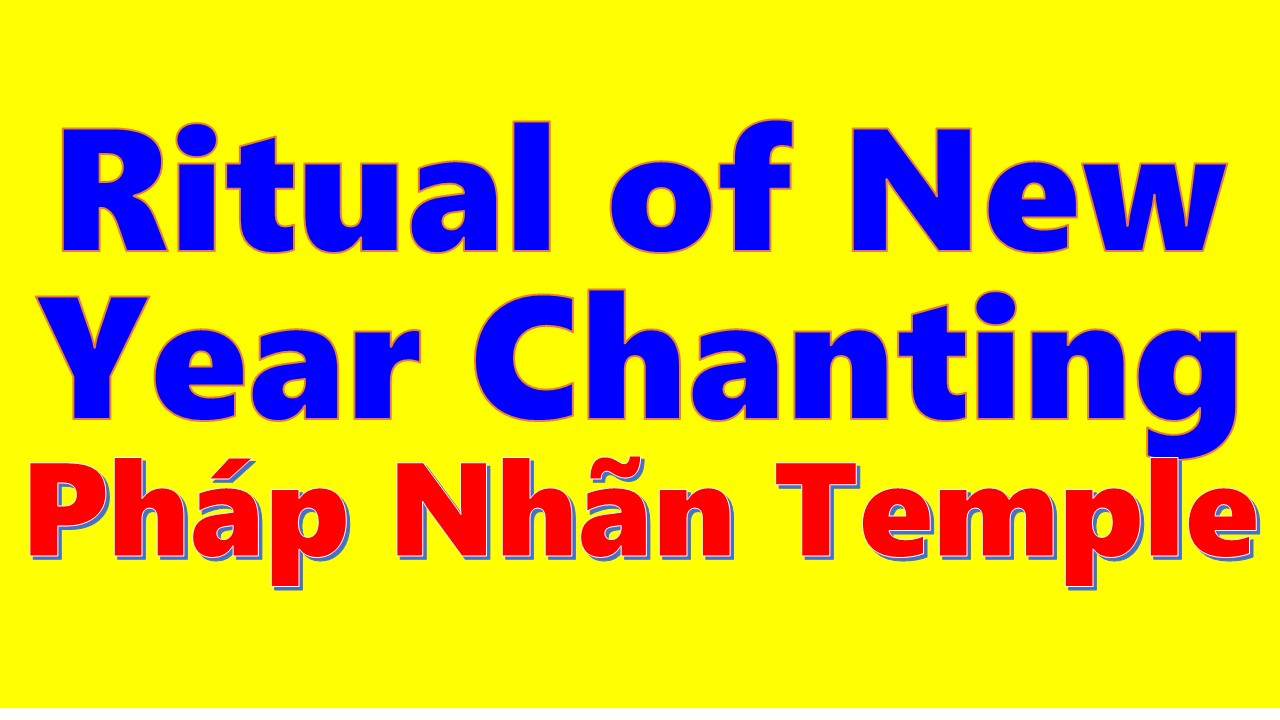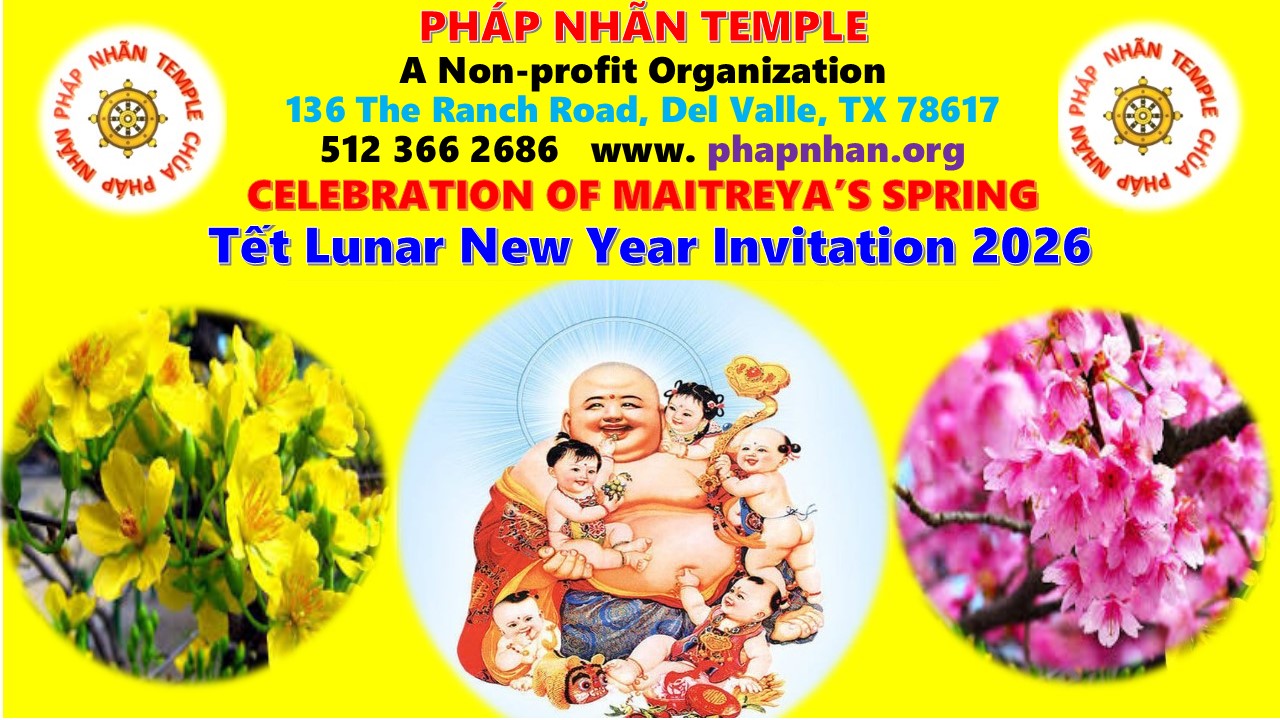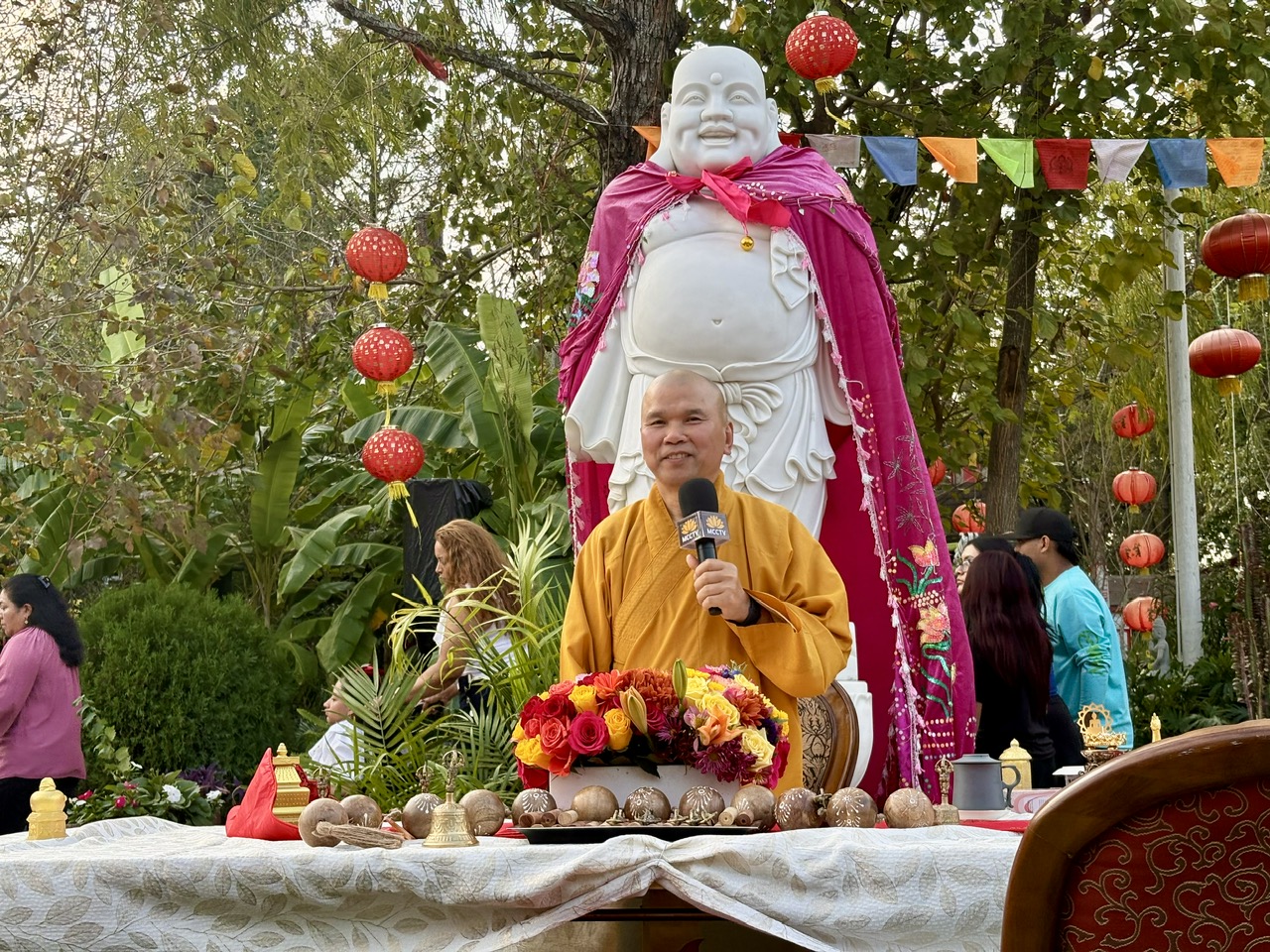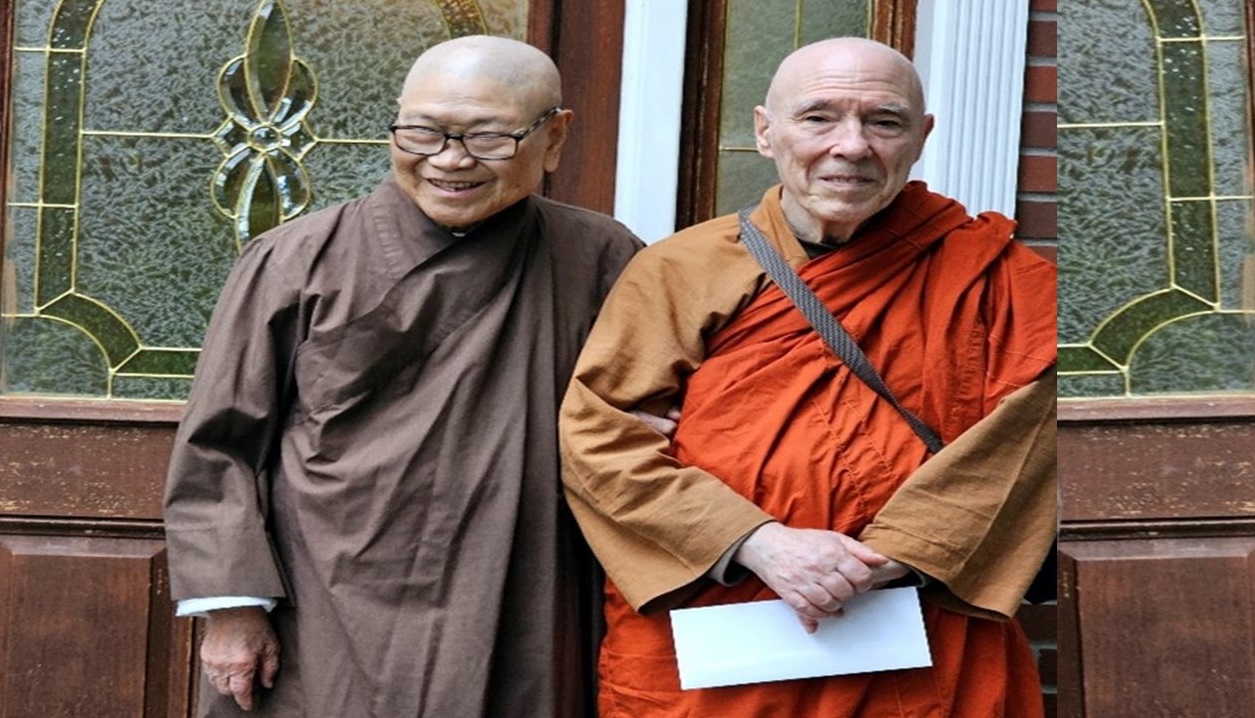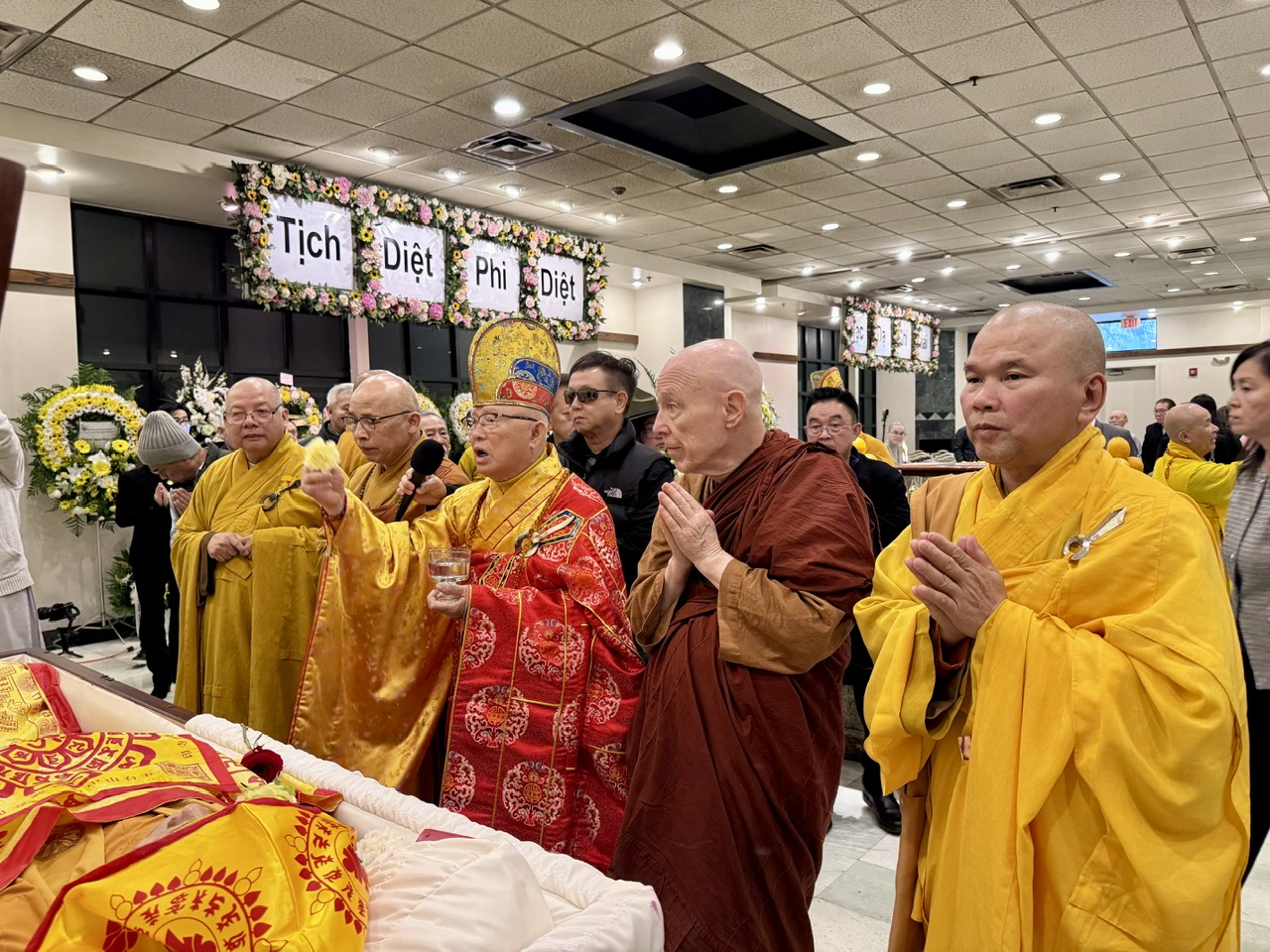Thích Trừng Sỹ, Kim Hà, and Hayden Pond
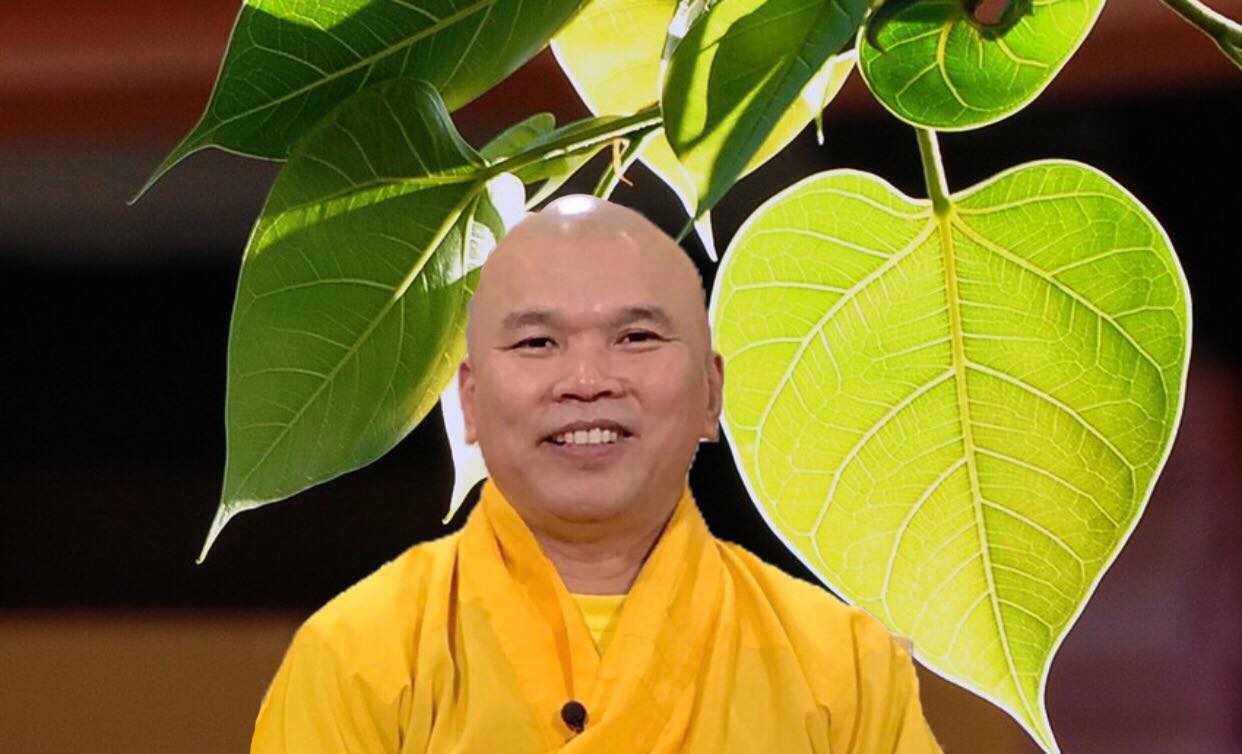

Today, Brother Hayden Pond and Sister Kim Hà, who are third-year students of UT., in Texas, have wholesome enough chance to attend and ask a couple of questions to Venerable Thầy Trừng Sỹ, the Abbot of Pháp Nhãn Temple, about activities, methods of practice and teaching, meditation practice, schedules, etc., of Pháp Nhãn Temple,
We did each other very happily and comfortably. We will meet together so that we can learn and practice the Buddha’s teachings after the coronavirus pandemic.
Please enjoy hearing some questions and answers between Hayden Pond, Kim Hà, and Venerable Thầy Trừng Sỹ happily.
1) Q: Who is the founder of Phap Nhan and why did they found the Temple instead of being a member of an existing Temple? When was Phap Nhan Temple founded?
Answer: I am the Venerable Monk Thích Trừng Sỹ, the founder of Phap Nhan Temple in January 2015. I set up this Temple because I want to contribute to spreading the Buddha’s teachings more widely. As you know, in Mahāvagga 19 – 20, the Buddha encouraged and counseled his disciples: “O disciples! Go forth to many different directions and places to propagate the Dharma and save sentient beings, bring your own cultivation, joy, and happiness to instruct other people. Out of peace and happiness for gods and human beings, spread the Dharma to all beings. The Tathāgata’s teachings are perfect in the beginning, perfect in the middle, perfect in the end, both in the meanings and in the writing. Proclaim the holy and peaceful life to the many all over the planet.”
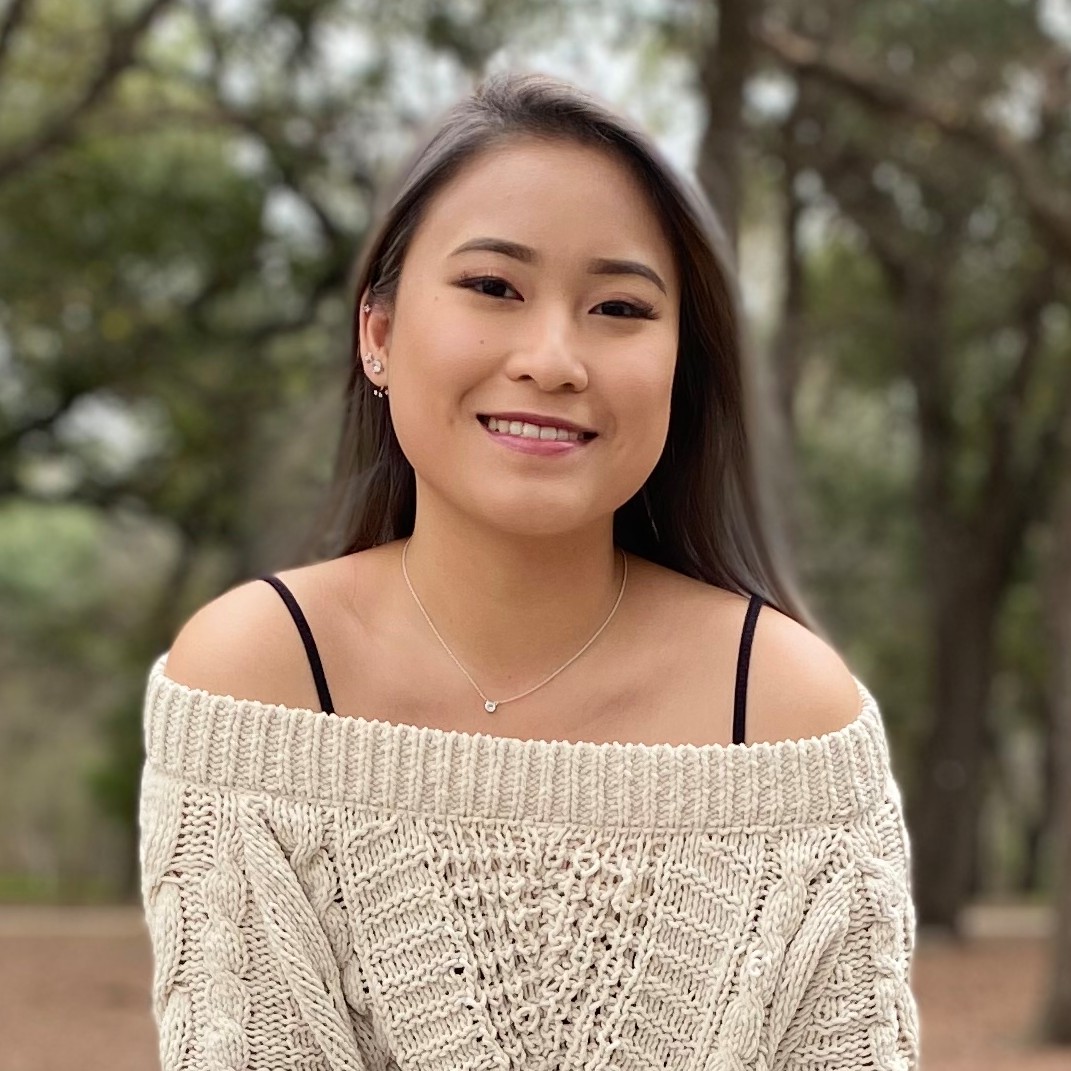
Ms. Kim Hà, third-year student of UT., Texas
2) Q: On your website, I noticed that you have a daily schedule that you follow. How often do you deviate from the schedule?
Answer: Yes, sometimes. When I am busy having another Dharma activity or when I go to propagate the Dharma in another State or another country, my daily schedule can be changed.
3) Q: Who lives at Phap Nhan Temple?
Answer: I live at Pháp Nhãn Temple by myself so far. However, when I hold a Spring Retreat or Fall Retreat at Pháp Nhãn Temple, a couple of lay people will sleep there to jointly learn, discuss, and practice the Buddha’s teachings more easily.
4) Q: What services does the Temple provide for lay Buddhists?
Answer: The Temple provides Meditation practice, Dharma talk, Sunday Dharma class, wedding ceremony, funeral service, etc., for lay Buddhists.
5) Q: What role do the lay Buddhists have in the upkeep of the Temple?
Answer: After learning, understanding, practicing, and applying the Buddha’s teachings in their daily lives, the lay Buddhists feel well, healthy, and peaceful, and enjoy Dharma happiness, and then, they themselves volunteer and express their happy hearts to donate food and and support the Temple.
6) Q: On Saturdays, after the close of activities, what do members of the Temple do?
Answer: They help the Temple by cleaning up, cutting grass, study and practice the Dharma by themselves.
7) Q: On the schedule it shows that the Temple practices quiet meditation, walking meditation, and chanting meditation. Do the different forms of meditation serve different purposes? If so, what are their purposes? If not, then why are multiple forms of mediation being practiced?
Answer: Everyday, to keep bodies healthier, in meal, we have and change a couple of different food. Similarly, everyday, to keep minds healthier, we also have a couple of walking meditation, sitting meditation, deep relaxation meditation, and stopping meditation. The purpose of practicing different kinds of meditation is to help practitioners develop minds peaceful, calm, and mindful. Using meditation for sitting, we can call sitting meditation. Using meditation for walking, we can call walking meditation. Using meditation for relaxing, we can call relaxation meditation, and using meditation for stopping wandering minds, we can call stopping meditation. All kinds of our meditation practice are to keep and nurture mindfulness, awakening, and awareness, but in different ways of meditation practice.

Brother Hayden Pond, wearing a graduation uniform
8) Q: What school of Buddhism is practiced at this Temple?
Answer: At this Temple, when people have their free time going to the Temple to practice in-breaths and out-breaths mindfully, we will guide meditation for them. When people have free time going to the Temple for concentration, we will guide Mantra for them. And when they have proper time going to the Temple for reciting the Buddha’s names, we will guide them Pure Land. So we practice Meditation, Pure land, Mantra, etc., we are not limited to any one school. We welcome everyone to the Temple for learning and practicing the Buddha’s teachings together.
9) Q: Are there particular texts that you base your methods of practices on? If so, what are these texts? If not, what do you base your methods of practice on?
Answer: Three Refuges and the Five Ethical Trainings
Refuge in the Buddha
I take refuge in the Buddha, the One who shows me the way of loving-kindness, compassion, and wisdom in lifetime.
Having taken refuge in the Buddha, I clearly see the path of light and beauty in life.
Turning back and taking refuge in the Buddha in myself, I aspire to help all people soon recognize and develop their own enlightened nature.
Namo Buddhaya
Wholeheartedly pay homage to the Buddha, the Fully Enlightened or Awakened One
Buddhaṃ saraṇaṃ gacchāmi
For refuge, I go to the Buddha for the first time
Dutiyampi buddhaṃ saraṇaṃ gacchāmi.
For refuge, I go to the Buddha for the second time
Tatiyampi buddhaṃ saraṇaṃ gacchāmi. (Bell)
For refuge, I go to the Buddha for the third time.
Refuge in the Dharma, the teachings of the Buddha
I take refuge in the Dharma, the way of practicing peace, joy, happiness, understanding, and love for the many right in the present life.
Having taken refuge in the Dharma, I am learning and practicing the Noble Eightfold Path including morality, meditation, and wisdom interconnected very closely with right view, right thought, right speech, right action, right livelihood, right effort, right mindfulness, and right concentration.
Turning back and taking refuge in the Dharma in myself, I aspire to help all people fully master the ways of practice and walk together on the path of liberation.
Namo Dharmaya
Wholeheartedly pay homage to the wonderful Dharma
Dhammaṃ saraṇaṃ gacchāmi.
For refuge, I go to the wonderful Dharma for the first time
Dutiyampi dhammaṃ saraṇaṃ gacchāmi.
For refuge, I go to the wonderful Dharma for the second time
Tatiyampi dhammaṃ saraṇaṃ gacchāmi. (Bell)
For refuge, I go to the wonderful Dharma for the third time.
Refuge in the Sangha, disciples of the Buddha
I take refuge in the Sangha, the Community of cultivated people who vow to lead their lives of ethics, harmony, and awareness to themselves and to other people right here and right now in the present life.
Having taken refuge in the Sangha, I am enlightened, instructed, and supported by the Sanghabody on the way of practice.
Turning back and taking refuge in the Sangha in myself, I aspire to help all people build fourfold Communities, to embrace all beings and support their transformation.
Namo Sanghaya.
Wholeheartedly pay homage to the peaceful Sangha
Saṅghaṃ saraṇaṃ gacchāmi.
For refuge, I go to the peaceful Sangha for the first time
Dutiyampi saṅghaṃ saraṇaṃ gacchāmi.
For refuge, I go to the peaceful Sangha for the second time
Tatiyampi saṅghaṃ saraṇaṃ gacchāmi. (Bell)
For refuge, I go to the peaceful Sangha for the third time.
The Five Ethical Trainings
The first ethical trainings: Devotees who are determined to keep far away from all forms of killing living beings, including creatures. Be aware to nurture and arouse our loving-kindness and compassion hearts by protecting our and others’ lives. Not killing ourselves, not ourselves killing living beings, not telling others to kill living beings, not inciting others to kill living beings, and not seeing others killing sentient beings, we rejoice to follow them. Aware to protect natural environment, give up weapons and violence, practice loving-kindness and compassion, transform anger and hatred, know to repent, correct, and be ashamed of wrong doings. Thanks to practicing so, devotees have the ability to eradicate the roots of intention of killing, lead lives of peacefulness and happiness right in the world (Bell).
The second ethical trainings: Devotees who are determined to keep far away from all forms of stealing, not to take what is not given, respect the possessions of others, cherish almsgiving, help people go beyond needy circumstances, find joy before almsgiving, during almsgiving, and after almsgiving; almsgiving without regretting and almsgiving without expecting anything in return. Thanks to practicing so, devotees have the ability to transform and let go of their greedy and stingy hearts, lead lives of integrity and altruism. (Bell)
The third ethical trainings: Devotees who are determined to keep far away from sexual misconduct and adultery live faithfully with legal spouse, stay away from kids’ sexuality, spend an appropriate time looking after descendants, do not allow them to play violent games, limit them to play online electronic games, allow them to school, spend time helping them do homework, and teach understanding and love to them. Thanks to practicing so, devotees have the ability to build happiness for their families, and contribute to bringing peaceful joy to school and to society. (Bell)
The fourth ethical trainings: Devotees who are determined to keep far away from telling lies – only tell the truth, do not say anything deceitful and false – only say reliable and confident words, do not say anything separate and disharmonious – only say words of construction and suggestions, do not say anything rude and evil – only say polite and elegant words, do not say anything useless and meaningless– only say useful and meaningful words, do not say anything despicable, contemptuous, and reproachful – only say commendable, appreciative, and solidarity words, do not say anything critical, hasty, stressful, and angry – only say loving, affable, pleasant, harmonious, reconciling words. Thanks to practicing so, devotees are worthy to get confident, have the ability to bring prestige and peace to many people. (Bell)
The fifth ethical trainings: Devotees are determined to keep far away from alcohol, intoxicants, smoking, and gambling, especially narcotics, to give up depraved and violent enjoyment habits, such as movies, newspapers, radio, television, not to buy, sell, product, and stockpile weapons and poisons, not to plant cannabis and opium, not to broker and trade in people and rare wildlife.
Be aware that the consumption and use of four kinds of daily nutriments comprise edible foods, feeling foods, volitional foods, and conscious foods in mindfulness and awareness, devotees can abandon and let go of those toxins. Thanks to understanding and practicing so, they can live healthy and lucid lives and contribute to bringing true peacefulness and happiness to themselves and to others right in the present life. (Bell)
10) Are services and scheduled events the only time the lay Buddhists practice, or are there aspects of worship done outside of the Temple?
Answer: Sometimes, receiving the invitation from a family when that family has a person passing away, we will go to a funeral home for serving and praying for him or for her peacefully. Or sometimes, when receiving the invitation of attending the Buddha’s Day or the Parents’ Day from another Temple, we will go there for sharing and teaching meditation and the Dharma of the Buddha to people.
11) Is there a different process for worshiping inside the Temple than outside? Or is worship carried out the same way wherever you do it?
Answer: At our Temple, we worship the Original Master Sakyamuni Buddha, Compassion Mother Quan Âm (Avalokiteśvara), Happy Buddha (Maitreya Buddha), and the Buddha in the hell (Kṣitigarbha). At an another Temple, they worship the Original Master Sakyamuni Buddha, the Amitabha Buddha, Compassion Mother Quan Âm (Avalokiteśvara), and Wisdom Mother Đại Thế Chí (Mahāsthāmaprāpta). The ways of worship of each Temple are different, but all the Temples worship the same the Original Master Sakyamuni Buddha, the Founder of Buddhism.
12) What do you think the advantages are to practicing the way you do?
Answer: The advantages of our way are to keep our bodies and minds well, happy, mindful, and peaceful in the very here and now in the present life, and then, we share peace, joy, happiness, and understanding for other people.
13) What kind of social and/or charity work is the Temple involved with?
Answer: If there are some disasters or hardship in some places, we will be ready to go there for helping them overcome these situations by giving food, clothes, money, medicine, and the Buddha’s teachings to people.
14) With the ongoing crisis surrounding COVID-19, what alterations have been or will be made to your services?
Answer: In this time, the Temple does not allow people to gather together. However, daily, we can share the Dharma talk through Facebook live stream to people who hear, learn, and practice the Buddha’s teachings at home happily and peacefully.
After sharing the Dharma talk, we pray peace for them all by chanting and saying as follows:
- a) May those who are infected with coronavirus will be soon recovered.
- b) May the global coronavirus pandemic be soon ended so that all people in the world will return to normal business lives.
- c) May all living things and living beings on earth soon escape from the global coronavirus pandemic.
- d) May the current vaccine soon be valuable, effective, and practical to be able to prevent and heal the coronavirus epidemic disease quickly.
- e) May medical doctors and scientists be well and happy to invent and create many timely and useful vaccines for humankind today.
- f) May all Politicians, Doctors, Pharmacists, Physicians, Nurses, and Volunteers be well, happy, and peaceful to help, serve, and take care of all the masses and patients on over the planet.
- g) May all people, all families, all places, Cities, Countrysides on over the planet be peaceful and healthy.
- h) May loving-kindness, compassion, and wisdom, peace, joy, and happiness from the practice of ourselves for every hour, every day, every week, every month, and every year be always instilled and cooled for all over the dharma realms of living things and living beings in this world. (Bell)
- i) Finally, may those who passed away for coronavirus pandemic listen to the Buddha’s Dharma, and will be soon born up to peaceful realms.
Namo Buddhaya.
Namo Dharmaya.
Namo Sanghaya.
Please enjoy reading the additional information via website: dharmaeye.net


